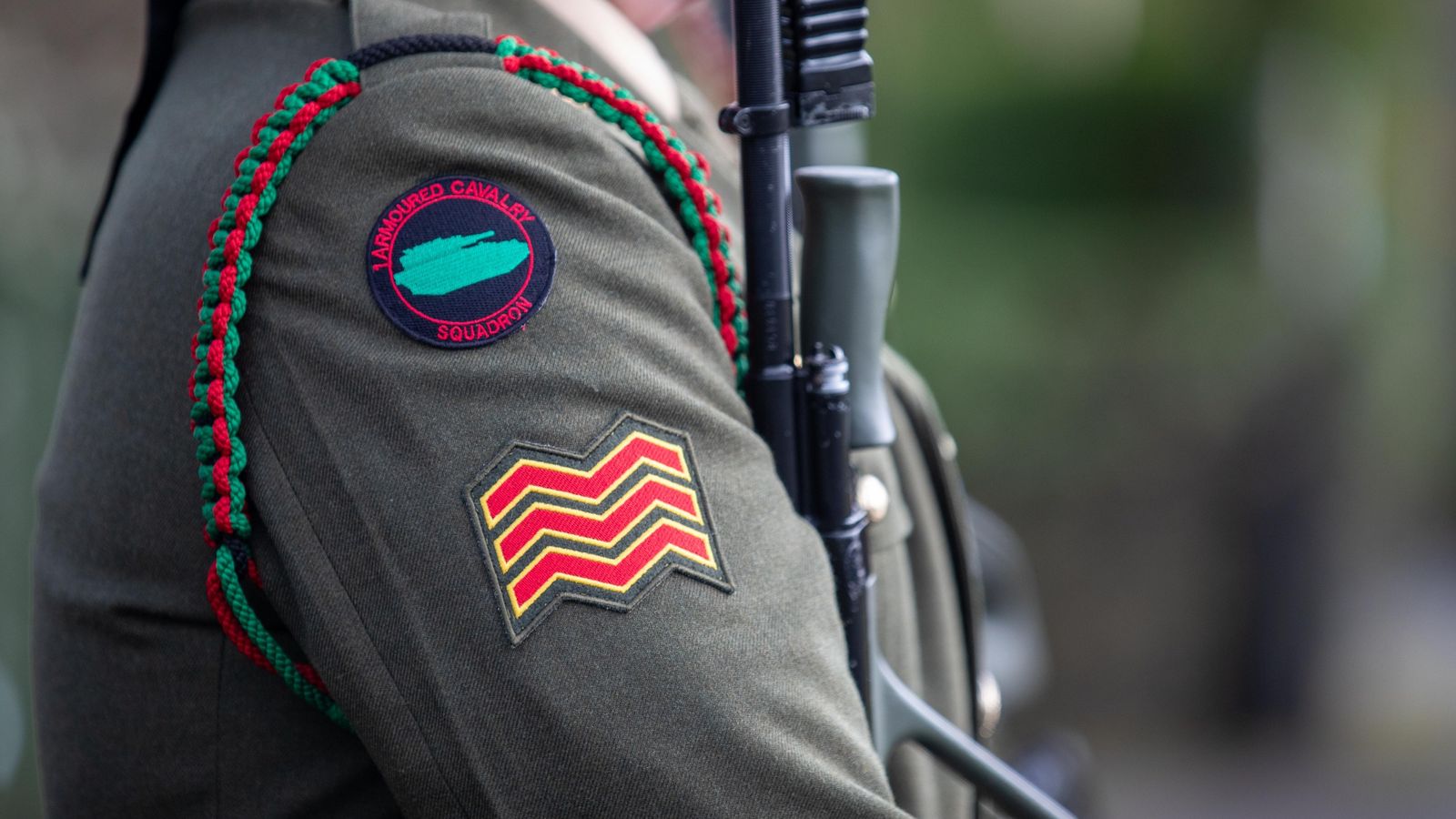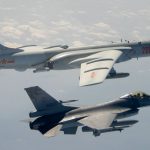Ireland’s Defence Forces cannot properly defend the country against acts of aggression from conventional military forces, according to a new report which has urged a radical overhaul of the military.
The Commission on the Defence Forces report said that Ireland is an “outlier” among Western European nations in how little is spent on defence, and outlined a range of options for politicians to consider.
Under the most ambitious proposals, there would be a 300% increase in defence spending (bringing Ireland’s defence budget from €1.1bn to around €3bn), which would see the Naval Service fleet increase to 12 ships, and the Air Corps equipped with fighter jets.
Ireland currently has no combat jet aircraft and would purchase between 12 and 24 jets under the most far-reaching proposals. It would also obtain long-range transport aircraft.
When the country’s special forces, the Army Ranger Wing, was sent to Kabul last year to evacuate Irish citizens, they were forced to travel on French military aircraft.
Maintaining the current status quo, the Commission said, would leave the Defence Forces unable to conduct a meaningful defence of the state from attack, and would also force the military to step back from overseas missions.
Ireland has long been regarded by military analysts as the weak link in the defence chain of Western Europe.
World Cup 2030 bid by UK and Ireland won’t go ahead – with focus on Euro 2028 instead
Lion King cast ‘subjected to racist and homophobic abuse’ after performance in Dublin
COVID: Irish ambassador Niall Burgess to pay €2,000 to coronavirus charity after being ‘largely responsible’ for lockdown-busting champagne event
Its military weakness, precipitated by decades of defence under-spending by successive governments, was highlighted this month by Russian plans to engage in live-fire exercises in Irish-patrolled waters.
The most effective deterrence to the Russian exercise was a protest by Irish fishermen, which eventually led to the Russians moving the drills further out to sea.
The report says that “change is essential and implementation cannot be long-fingered” and such change needs to be “pursued relentlessly.”
Ireland’s Minister for Defence Simon Coveney, who is also Minister for Foreign Affairs, said that the report was “hard-hitting” and “blunt”, and admitted that bringing defence spending to even the minimum level urged by the report would be a “huge ask”.
He said it would take four to five months to bring a “high-level action plan” to the government for implementation of the report.






















